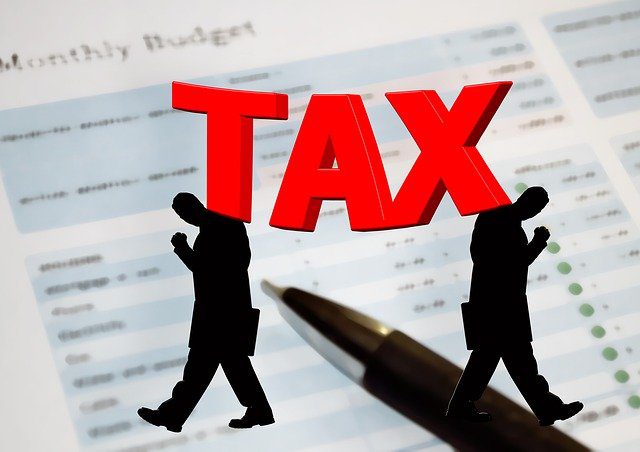
With a new tax year approaching, keeping on top of your tax is never an easy exercise.
Tax never goes away and the government loves to tinker with the details and with four chancellors of the exchequer in office in the last 12 months, is it any wonder the mere mention of tax brings a shrug of the shoulders when trying to get to grips with our UK tax system.
Keeping on top of your tax, with the next tax year approaching- only days away, is a good time to review your position.
Income Tax and National Insurance (NI)
November’s autumn budget produced in effect income tax rises for a substantial part of the population.
Tax rates are staying the same-basic, higher, and additional rate taxpayers pay 20%, 40% and 45% respectively-but each group will potentially pay more.
That’s because the personal allowance was frozen at £12570 until 2028-this is the amount of money you can earn before paying income tax, so as your wage rises, the tax free amount will get smaller
The story is slightly different with National Insurance as the government has abandoned plans to increase NI by 1.25%.
It is estimated that by 2028, someone earning £40,000 a year will pay £3900 more in Income tax and NI, rising to £8800 for someone on £80,000 per year
Inheritance tax (IHT)
More and more families are becoming familiar with this type of tax.
HMRC collected £4.6bn in inheritance tax between April and December 2021 alone, some £600m more than the same period the previous year.
With increases in property values and wealth increasing, the amount you can leave your heirs has not.
The current threshold is £325,000 per person and there is a potential main residence allowance of £175,000 and in November the chancellor again froze this allowance until 2028, dragging more families into this tax bracket.
Capital Gains Tax (CGT)
A cut in CGT was also announced in the November Budget, with the tax free allowance falling from £12,300 today to £6000 next week (New tax year) and the £3000 from 2024/25
Capital gains is payable on investment profits, gains you make when you sell assets such as property or shares.
Everyone is allowed a certain amount of profit before the tax is payable.
This will now be smaller-basic rate taxpayers pay 10% rate on gains and higher rate pay 20%
Have you looked at the interest rate on our cash savings
Read about Inheritance tax statistics from .Gov
Dividend tax
If you own shares in a business-your own business or a stock market listed co-you may earn a dividend from them.
Today you can earn £2000 of dividends tax free, next week this will fall to £1000 and from April 2024 down to £500.
Ex Chancellor Kwasi Kwarteng had promised to cut rates, but was forced to cancel the cut and basic rate, higher and additional taxpayers will continue to pay tax on dividends at 8.75%, 33.75% and 39.35%.
Personal Savings Allowance
The personal saving allowance has managed to escape any cuts.
Basic rate tax payers can earn up to £1000 interest from bank and building society accounts with no tax to pay and £500 for higher rate tax payers.
Rising interest rates will mean though that more people may go over these allowances.
Get in touch if you want to review your own personal position.
